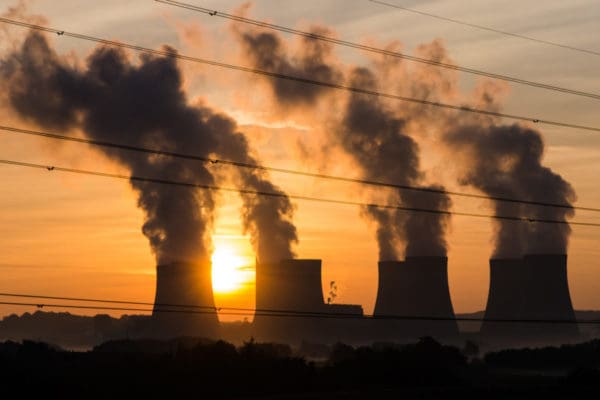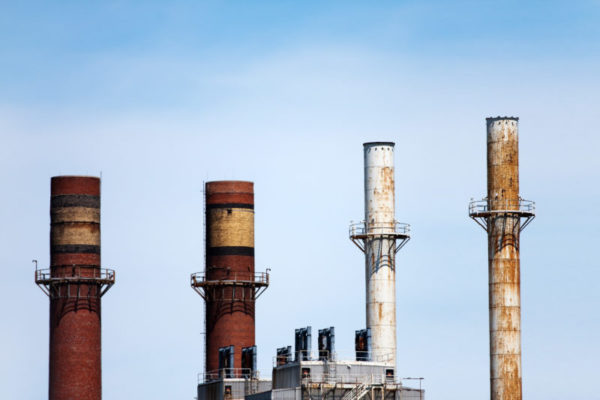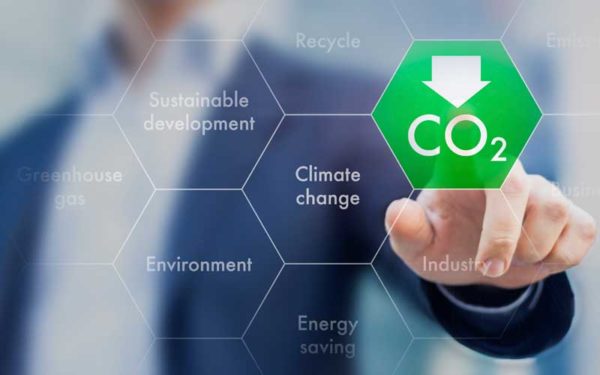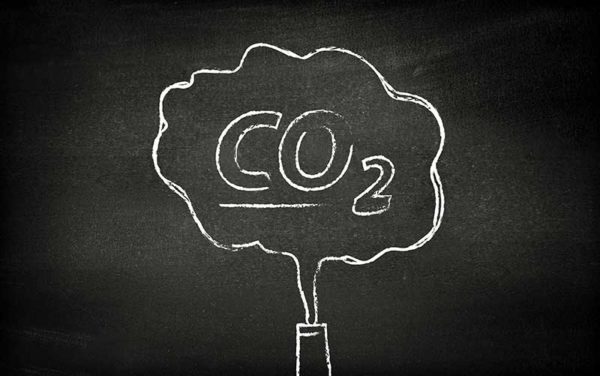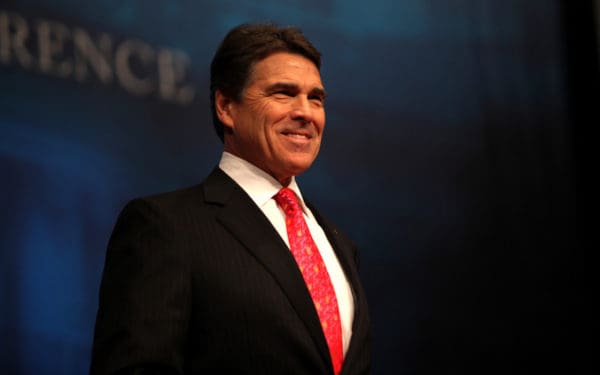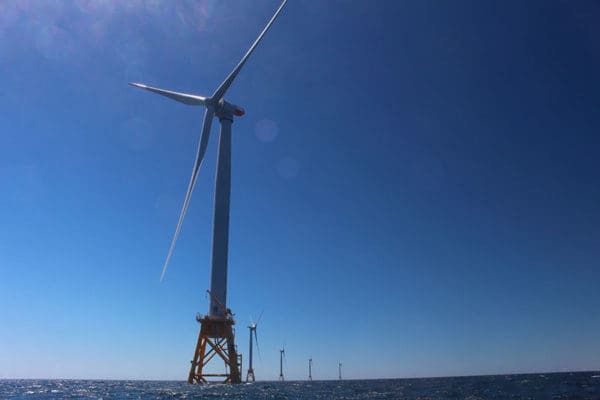Sep 19, 2017
In August, Massachusetts announced new regulations that take a critical step forward in ensuring we meet our 2050 climate goals – signaling the beginning of the end of fossil fuels in the Commonwealth. These new regulations were issued by the Massachusetts Department of Environmental Protection (MassDEP) as the result of a unanimous decision by the state’s… Continue reading New Regulations Signal End of Fossil Fuel Power in Massachusetts
Aug 11, 2017
“These rules re-establish the Commonwealth as a national leader in developing sensible, enforceable standards to transition our economy to a low-carbon future,” said CLF President Bradley Campbell. “Much more needs to be done, and Governor Baker’s leadership will be essential to getting neighboring states to take meaningful action to prepare New England for the energy future being shaped by the Paris Climate Agreement.”
Aug 10, 2017
By Caitlin Peale Sloan and Max Greene In July, Governor Malloy released a long-awaited Comprehensive Energy Strategy for Connecticut. While it shows Connecticut’s interest in cutting carbon pollution, this strategy will not help the state reach its clean energy goals. Instead, it would further Connecticut’s reliance on dirty gas and destructive gas pipelines. What the… Continue reading Connecticut’s Draft Energy Strategy Is Big on Dirty Gas, Short on Clean Energy
Jul 13, 2017
Today marks the start of the National Governors Association summer meeting in Providence, Rhode Island. Held over four days, the meeting will bring together more than 30 governors from across the country to discuss the most critical issues facing our nation. However, one of the glaring omissions from the conference’s agenda: climate change, specifically state… Continue reading New England Governors, Stand Up for Paris
Apr 12, 2017
Last week Massachusetts finalized and released the state’s latest inventory of its statewide emissions of climate-damaging greenhouse gases (GHGs). The final numbers indicate that in 2014, the Commonwealth released the equivalent of 74.6 million tons of carbon dioxide into the atmosphere, which is a slight improvement over 2013. That’s good news and is far better than the increase in climate-damaging emissions we saw the year before. But a single year of slightly lower emissions isn’t good enough.
Mar 09, 2017
Proposed regulations by the Massachusetts Department of Environmental Protection to ratchet down climate-damaging emissions fall dramatically short of what’s needed and legally required – adding up to only about 70,000 tons of emissions, not the 5 million tons we need to reach a 2020 goal.
Mar 02, 2017
“With the Senate’s approval, Rick Perry today joins a long list of cabinet members unabashedly hostile to the missions of their agencies, resistant to the laws Congress has charged them with administering, and unwilling to allow science to guide their decisions,” said CLF President Bradley Campbell. “This is more reckless than extreme partisanship and more dangerous than overblown rhetoric. It puts every American on notice that the rule of law is in peril.”
Feb 16, 2017
For three years now, Big Gas has been spinning tall tales aimed at scaring you and me – and especially our local politicans – into locking in our addiction to dirty, polluting natural gas for decades to come. But their hype ignores the facts and the very real progress made over the past few years to avoid price spikes, keep the lights on, and tamp down our emissions of climate-damaging pollution.
Aug 08, 2016
… Greg Cunningham — the energy and climate program director at the Conservation Law Foundation, one of the plaintiffs in the lawsuit against the state over its implementation of Global Warming Solutions Act — said in a statement that while the bill isn’t perfect, it’s a big step forward. “The forward-thinking diversity of resources advanced by this law, including offshore… Continue reading New Law Will Increase State’s Reliance On Renewable Energy
Jul 14, 2016
… “This legislation has the potential to not just forestall, but avoid the increase in carbon resources,” Greg Cunningham, director of clean energy and climate change for the Conservation Law Foundation, said in an interview. “It really could be transformational, not just for Massachusetts but for the region itself.” Read more here…
